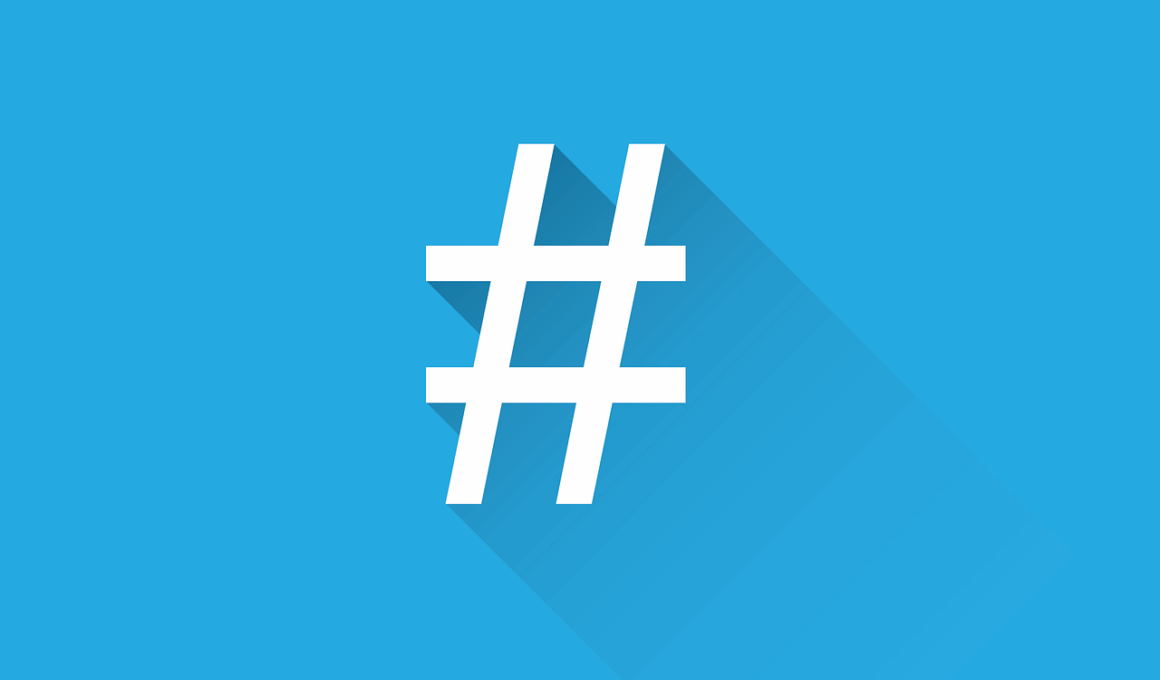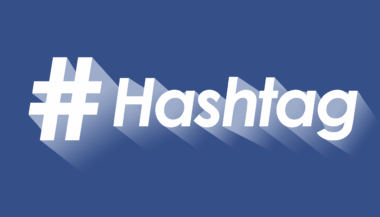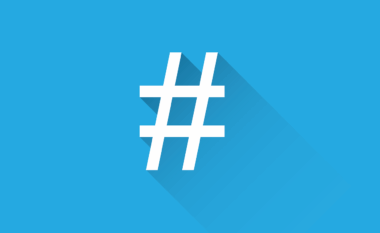How to Leverage Hashtag Research for Event Marketing on Social Media
Hashtags serve as a powerful tool in social media marketing, especially for event promotion. By performing thorough hashtag research, businesses can enhance their visibility and engagement on different platforms. Initially, it’s crucial to identify trending hashtags relevant to your event’s themes or topics. Utilize tools such as Instagram’s search bar, Twitter’s trending section, or specialized apps like Hashtagify to gather popular hashtags. Consider targeting specific audiences by researching niche hashtags that cater to those parameters to increase post reach. Consistently using well-researched hashtags allows greater opportunities for new users to discover event-related posts. Hashtag analytics can further clarify audience engagement by tracking which tags yield the highest interaction rates. This data enables businesses to adapt their hashtag strategies dynamically to optimize their online presence. Incorporating a mix of popular, niche, and branded hashtags can effectively broaden your reach while maintaining a relevant audience. Regularly update and refine your list of hashtags to stay aligned with current social media trends and event dynamics. Doing so ensures your marketing efforts remain impactful and relevant during the campaign period.
Next, establishing an original branded hashtag specifically for your event is vital. This unique identifier will enhance your event’s presence on social media and create a unifying element for your audience. As potential attendees and participants share content related to the event, they should use this branded hashtag, thus generating a collection of content centered around the event. This facilitates user-generated content creation, which plays a critical role in promoting events organically. Encouraging attendees to share their experiences with the branded hashtag enhances real-time engagement and significantly increases your event’s visibility. Use this branded hashtag consistently across all marketing materials, including emails, posters, and website pages. To fortify its prominence, actively engage with users who adopt the hashtag before, during, and after the event. Respond to their posts, re-share user-generated content, and promote interaction among your audience. Moreover, consider incentives, such as contests or giveaways, tied to the use of your branded hashtag to motivate participants. This can significantly boost visibility and participation, creating a greater collective excitement surrounding your event.
Analyze Competitors’ Hashtags
Analyzing competitors’ hashtags can provide invaluable insight into the best practices within your industry. By monitoring the hashtag strategies of successful events, businesses can glean insights into which hashtags are most effective in their marketing campaigns. This practice not only helps in identifying trending themes but also reveals successful engagement tactics that can be adapted. Keep an eye on how competitors pair hashtags for maximum reach and engagement, and analyze their timing and post frequency for inspiration. Use social media listening tools like Hootsuite or Sprout Social to track competitors and gather detailed information on their audience’s reactions to different hashtags. By understanding these approaches, businesses can innovate their own hashtag strategies to create a stronger online presence. Moreover, it is crucial to avoid copying competitors directly; rather, take inspiration and tailor your hashtag choices according to your event’s personality and target audience. By being proactive and observant, brands can boost their chance of standing out in a crowded social media landscape, ultimately leading to increased attendance and engagement.
Timing your hashtag use is another essential element of effective social media strategy for event marketing. Posts shared with hashtags should coincide with peak engagement times for your target audience to ensure maximum visibility. Research studies show that different social media platforms have optimal posting times when audiences are most active. For platforms like Twitter, posting during weekdays tends to yield higher interactions, while Instagram posts may perform better during the evenings or weekends. Utilize analytics tools like Buffer or Later to analyze your historical engagement data to determine when audiences interact most with your content. Once you’ve established peak times, schedule your posts accordingly, applying relevant hashtags to join ongoing conversations at these high-traffic moments. Additionally, consider designing a countdown leading up to the event, using daily or weekly themed hashtags to invigorate pre-event excitement. This strategic timing can cultivate anticipation and engagement that draws users’ attention while amplifying your event’s visibility across social media channels. Tailoring your hashtag strategy to these timeframes significantly increases the likelihood of reaching potential attendees.
Utilize Local Hashtags
Incorporating local hashtags into your event marketing strategy can enhance attendance and engagement. Local hashtags help to connect with community members and increase visibility amongst local audiences. When promoting an event, research geographical hashtags that the target area utilizes, such as city-specific tags or relevant neighborhood identifiers. This localized approach ensures that your posts are discovered by those who are most likely to attend the event. Fostering this community connection promotes audience engagement and enhances brand loyalty. Additionally, partnering with local influencers can amplify the visibility of your event. By collaborating with them to create content that includes local hashtags, you’ll tap into their established follower base in the community. This increases the potential reach of the event promotion, helping your content gain traction. Furthermore, engaging with community-based social media groups can gather further insights into popular local hashtags. This grassroots marketing strategy helps generate buzz around the event while encouraging organic sharing. Such strategies help solidify your event’s relationship within the local community, thereby increasing its success and attendance.
Post-event analysis is critical for learning from your hashtag campaign success or challenges. Reviewing how particular hashtags performed during your event enables the business to ascertain which strategies resonated most with attendees. Utilize tools like Google Analytics or social media insights to evaluate engagement levels, reach, and audience interactions. This data provides clarity on the effectiveness of your hashtag choices, allowing for refinements in future campaigns. Take note of which hashtags prompted conversations or led to increased post shares to establish best practice benchmarks. Gaining insights into participant behaviors also helps businesses adjust their upcoming events’ marketing strategies to enhance participation. Analyzing hashtag performance allows for a comprehensive understanding of audience preferences and public sentiment surrounding the event. Additionally, learn from your competitors’ usage of hashtags, considering what was effective in garnering their success. Sharing your findings with your team or community can also build momentum and anticipation for the next event, enhancing its reach and engagement. With a robust hashtag strategy in place combined with in-depth analysis, businesses can significantly improve their overall event marketing efforts.
Conclusion: Mastering Hashtag Strategy
Mastering hashtag strategy is undeniably crucial for effective event marketing on social media. By conducting meticulous research, leveraging branded hashtags, and understanding the timing and localization of your hashtags, brands can maximize their visibility and engagement. Event marketing requires a proactive approach that focuses on analyzing and adapting to competitors’ strategies while utilizing local elements to foster community connection. Furthermore, it’s essential to continually assess the effectiveness of your hashtag strategies through data analysis post-event to refine future efforts. The ultimate goal is not only to attract attendees but also to create an engaging environment that encourages social sharing and participation. Crafting a dynamic and adaptable approach toward hashtags facilitates greater interactions, leading to successful events. With these best practices, brands can enhance their engagement, reach targeted audiences, and achieve their marketing objectives. Ultimately, social media is a potent channel for event promotion when executed with a strategic focus on hashtag utilization. By investing the time and resources into mastering these techniques, businesses can ensure their events will not only be well-attended but also create lasting impressions.
Furthermore, embracing platforms like Instagram, Twitter, and Facebook can expand your reach, provided you utilize hashtags strategically. Utilize the insights gained from analyzing competitors and the event landscape effectively to establish your unique voice in the digital space. This, alongside relevant hashtags, ensures you remain front of mind among your attendees. Keep updating your hashtag usage to align with trends, ensuring it resonates across platforms, thus driving organic growth. Event marketing through hashtags is an evolving practice that, when executed well, will enhance brand visibility in crowded digital spaces. Applying local and event-specific hashtags fosters authenticity, making attendees feel connected to your event. In conclusion, effectively leveraging hashtag research can be a game-changer for your event marketing campaign, leading to higher engagement and attendance. Stay informed about emerging trends and best practices, as the social media landscape is continually evolving. Adaptability and creativity are your best friends as you refine your hashtag strategies. It’s important to engage continuously with your audience through social media to further deepen your connection throughout the event.





